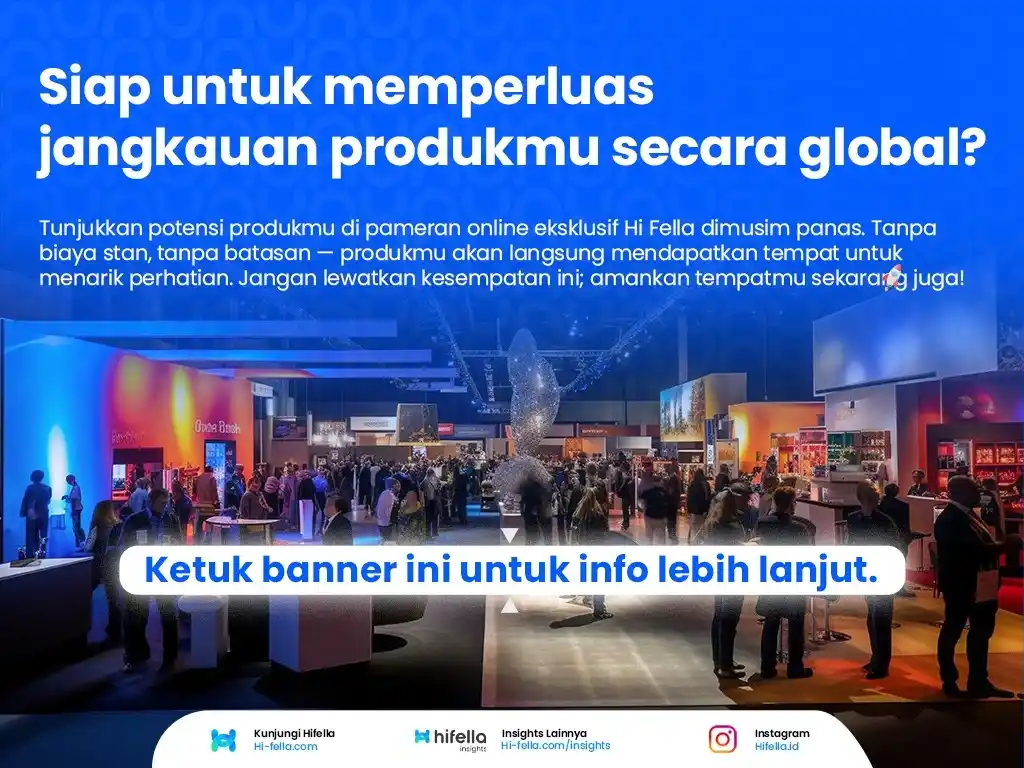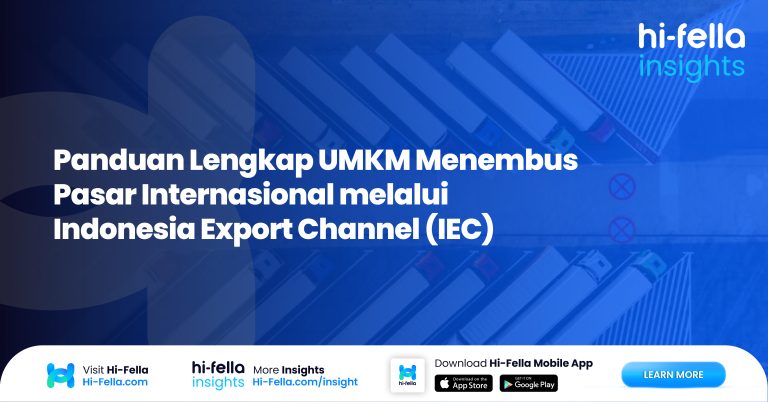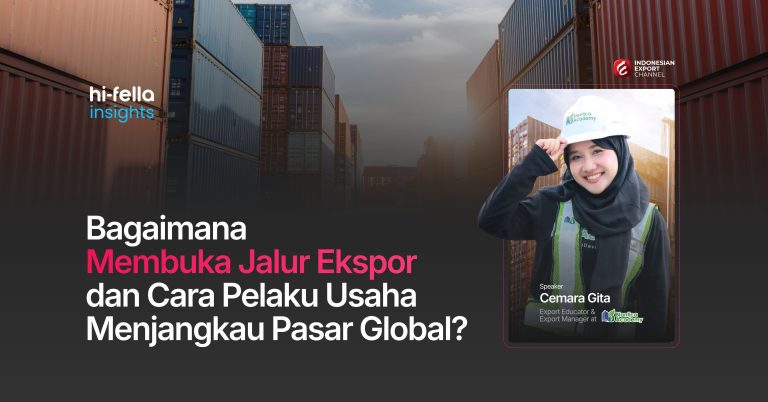In today’s digital world, businesses are finding new ways to grow. Online exhibitions are becoming a popular tool to reach more people and understand market trends.
So, in this article, we will show you how using online exhibition information can help your business connect with a global audience, save costs, and gain valuable insights.
Join us to see how Hi-Fella Online Exhibition can boost your business in the food and beverage industry!
Introducing Hi-Fella Online Exhibition

Welcome to the Hi-Fella Online Exhibition! This is a special online event that brings together food & beverage manufacturers, producers, exporters, importers, distributors, and buyers from all around the world. Our big event is happening on August 28th, 2024, and we are very excited to see you there!
Exhibitors can show their products to people all over the world without worrying about language barriers. Our advanced auto-translation feature makes presentations available in many languages, ensuring clear communication for everyone.
Online Exhibition Information: A New Opportunity in the Food & Beverage Sector
The global food and beverage market is huge, worth trillions of dollars, and it keeps growing every year. This means there are lots of opportunities for businesses to expand and succeed.
By joining the Hi-Fella Online Exhibition, your company can become a leader in this exciting industry and tap into its massive potential.
We are expecting over 6000 exhibitors to join us. These exhibitors come from different parts of the world, bringing a wide range of products and services.
This makes Hi-Fella a perfect place for networking, finding new partners, and discovering the latest trends in the food and beverage sector.
Why You Should Join Hi-Fella Online Exhibition
Joining the Hi-Fella Online Exhibition offers many benefits that can help your business grow and succeed. Here’s why you should be part of this exciting event:
1. Reach a Global Audience
One of the biggest advantages of using online exhibition information is that it allows you to expand your market reach beyond your local area.
Hi-Fella connects you with people from all over the world. This means you can show your products and services to potential customers and partners in different countries.
It’s a great way to increase your brand’s visibility and attract a global audience, all from the comfort of your own office or home.
2. Networking Opportunities
Online exhibition information shows that these events offer great networking opportunities. You can meet industry leaders, potential partners, and customers from all over the world. The online platform makes it easy to connect with people who can help your business grow.
You can build new relationships, strengthen existing ones, and find new business opportunities. It’s like going to a traditional trade show, but without having to travel.
3. Save Money
Participating in a traditional exhibition can be very expensive. You have to pay for travel, accommodation, and setting up a booth, which can add up quickly.
With an online exhibition like Hi-Fella, you can save a lot of money. You don’t need to worry about travel costs, hotel bills, or expensive booth setups.
You can participate from anywhere, making it a very cost-effective way to promote your business and reach new customers.
4. Real-Time Engagement
One of the key benefits of online exhibitions is the ability to engage with participants in real-time. You can use chat and video call features to talk to visitors instantly.
This allows you to answer questions, discuss deals, and interact with potential customers and partners just like you would in person. Real-time engagement helps you build strong relationships and make a lasting impression on your audience.
5. Detailed Analytics
Understanding visitor behavior and market trends is crucial for any business. Online exhibitions provide comprehensive analytics that give you valuable insights into what people are interested in and how the market is changing.
You can see which products are getting the most attention, track visitor interactions, and gather data that can help you improve your business strategies. This detailed information can help you make better decisions, create effective marketing plans, and stay ahead of the competition.
How to Join Hi-Fella Online Exhibition
Joining the Hi-Fella Online Exhibition is simple and straightforward. Follow these easy steps to get started:
Step 1: Register and Verify
First, sign up your company on the Hi-Fella website. Make sure your company meets our requirements. This step ensures we maintain quality and integrity for all participants.
Step 2: Choose a Package and Pay
Once verified, pick the exhibition package that fits your needs. We offer different packages for different business sizes. After selecting, complete the payment process.
Step 3: Get Ready!
Congratulations! You are now officially registered for the Hi-Fella Online Exhibition. Prepare your digital booth, upload your product details, and get ready to engage with a global audience.
Don’t Miss This Opportunity!
Hi-Fella Online Exhibition is open to all food & beverage manufacturers, producers, exporters, and importers, no matter their size or location.
This is your chance to be part of a groundbreaking event in the food and beverage industry!
Conclusion
Hi-Fella Online Exhibition is a good opportunity for businesses in the food and beverage sector to expand their reach, connect with a global audience, and gain valuable market insights.
With its innovative platform and many features, Hi-Fella is set to change the way exhibitions are held. Don’t miss your chance to join this exciting event on August 28th, 2024.
For more Online Exhibition Information and to register, visit the Hi-Fella website today!









